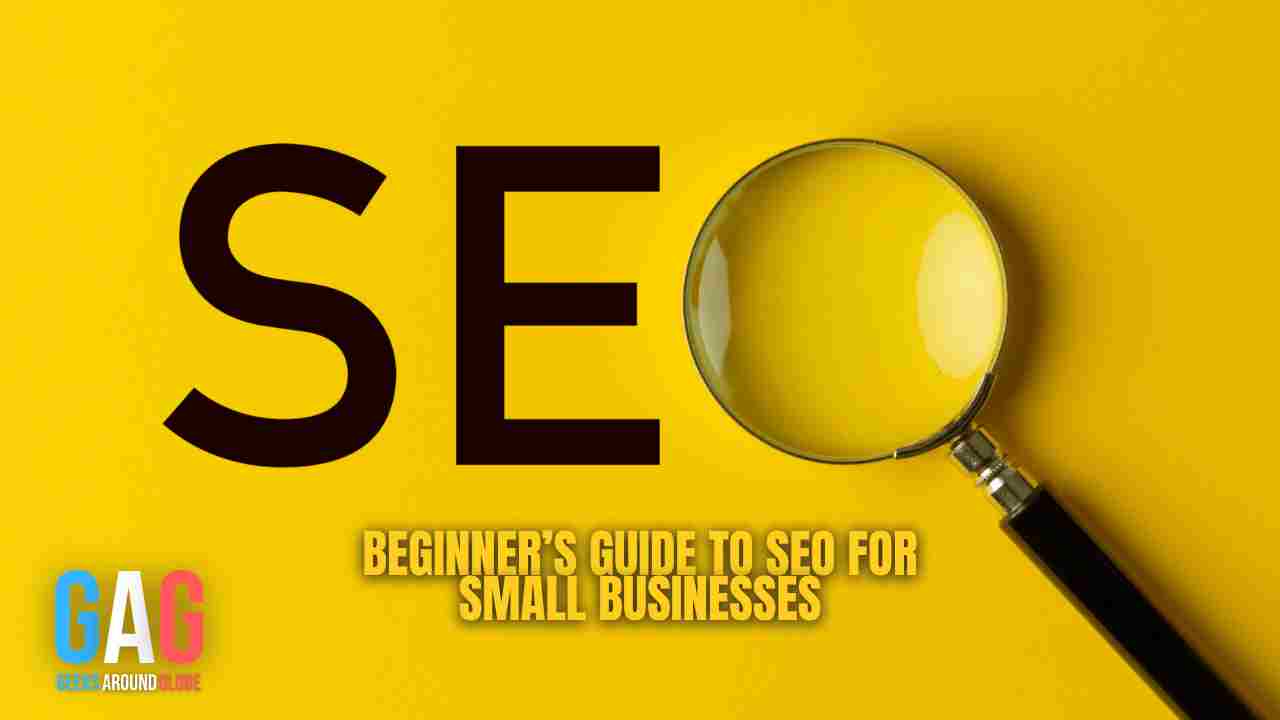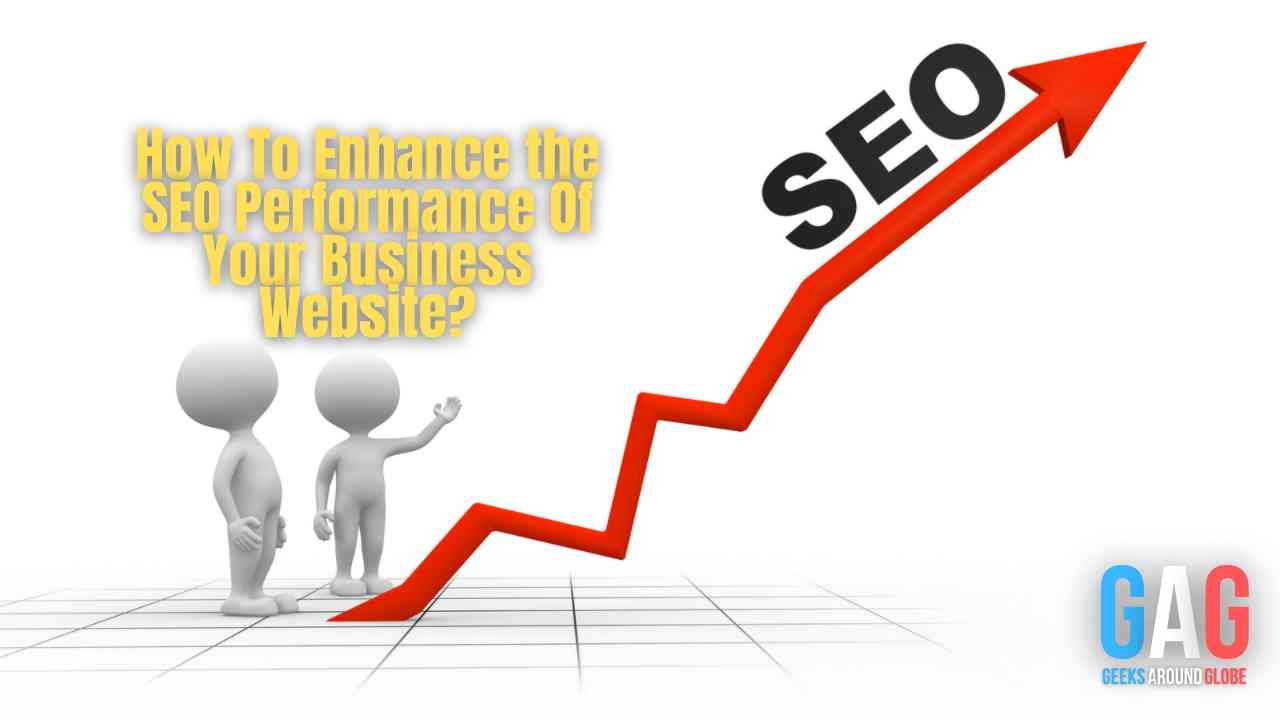The SEO industry is constantly evolving and new tactics and techniques are being discovered all the time. Google’s algorithms have also changed a lot, forcing experts to adapt. If you’re running an SEO campaign, you might be wondering how important meta tags are today?
We discussed the importance of meta tags with professionals from the Alpha Efficiency and here is what we came up with:
Quality content is the most important aspect of any SEO strategy, especially as search engines are getting better at recognizing the user’s search intent. However, ensuring that the website is displayed well in search results is very important too. This involves making sure that the right meta tags are being used on the website and that they are optimized correctly.
But beware of the fact that not all of the meta tags are equally important for SEO, and you may be even better off without using some of them. That’s why we tried to create a list that will help you implement only important meta tags in your SEO strategy.
- Title tags – these help search engines and visitors understand what your web page is about. Title tags will appear both on the results page and browser tabs. Keep them under 60 characters to make sure they are fully visible to users.
- Meta description tags – they appear under the title on the SERP. Meta description tags won’t directly influence your rankings, but search engines use them to help users understand better what the web page is about. Writing a good meta description can help you increase clickthrough rate (CTR) and decrease the bounce rate if you deliver on the promise. Make sure that every page of your website has a unique meta description.
- Heading tags – these can help you structure your website. By using headings (H1-H6) you can tell search engines how important each section is, which might help with ranking better. A well-structured content will also be visually more appealing to visitors.
- Image alt tags – these tags are important for on-page SEO. They help search engines understand what the image is about. This can help you rank better, especially on Google Images. Alt text also comes in handy if, for any reason, the image can’t load for the user.
- Viewport meta tag – if you have a responsive web design, you can add a “viewport” meta tag. This tag will instruct browsers on how to control the page’s dimensions and scaling. This will improve the user experience for people who are visiting your website on their mobile devices. Having a website that looks great on every device is very important for SEO as it can help you rank better and reduce the bounce rate.
- Canonical tag – this tag can be used to prevent duplicate content if you have two or more similar pages. Giving your best efforts not to confuse search engines is a vital part of every SEO strategy.
- Keywords tag – they tell search engines what topics are covered on the web page. However, as people abused the opportunity of adding an unlimited number of keyword tags, Google and other major search engines stopped considering them as a ranking factor.
- Revisit after tag – this tag instructs robots to return to a page after a specified time. However, major search engines don’t follow this tag so you can completely ignore it in your SEO strategy.
- Cache tag – this tag will define how often a page is cached. In most cases, these are unnecessary- so try not to complicate your code.
- Site verification – avoid using this meta tag. Verify your site using the Google search console instead.
Conclusion
It’s true that not every meta tag can help your SEO strategy and that some of them should be avoided. But that doesn’t mean that you should ignore meta tags that could help your SEO campaign perform better. In fact, by learning how to optimize meta tags correctly, you can:
- Rank better on a search engine
- Improve your CTR
- Reduce the bounce rate
- Help search engines understand your web pages
- Improve the user experience
As you can see, there are many reasons why meta tags still matter for SEO campaigns.







